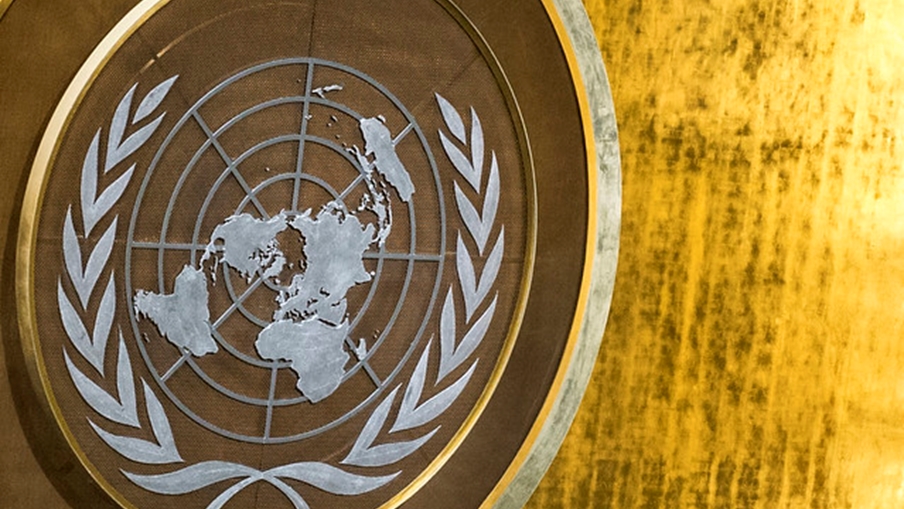The United Nations on Sunday announced it added two African wings of Islamic State of Iraq and al-Sham (ISIS) to its sanctions list.
Each of the two ISIS wings in Africa split off from other terror groups, according to the U.N. Islamic State West Africa Province (ISWAP) broke off from Boko Haram and Islamic State in the Greater Sahara (ISGS) split from al-Murabitoun, the U.N. said in a designation notice.
The U.N. designations come as ISIS and al-Qaida, which are at war with each other in the Middle East, are working together to take control of territory across West Africa, The Washington Post reported over the weekend. The fighters seem to be coordinating attacks and carving out mutually agreed-upon areas of influence in a vast swath of rural territory, the report said.
Boko Haram, based in Nigeria, pledged allegiance to ISIS in 2015, and the group accepted the pledge that same month, according to a U.N. narrative summary document. A year later, ISIS named Abu Musab al-Barnawi, who the U.S. sanctioned in February 2018, as leader of ISWAP. A factional split occurred following infighting when Abubakar Shekau, the U.N. and U.S.-sanctioned leader of Boko Haram, refused to accept the decision, according to the U.N.
ISWAP has about 3,500 to 5,000 fighters and has carried out numerous attacks in Nigeria since its formation, the U.N. said, citing incidents involving multiple casualties occurring since 2017.
Adnan Abu Walid al-Sahrawi and his followers pledged allegiance in May 2015 to ISIS, splitting from al-Murabitoun, the U.N. said. The U.S. sanctioned ISGS and al-Sahrawi in May 2018. Al-Murabitoun is designated by the U.S. as a foreign terrorist organization (FTO).
Al-Sahrawi also was a “veteran” of Movement for Unity and Jihad in West Africa (MUJWA) and al-Qaida in the Islamic Maghreb (AQIM), Kharon reported in June 2018. The U.N. in July 2019 sanctioned five men who had previous ties to MUJWA, which has since disbanded.
ISIS officially recognized the ISGS pledge in October 2018 through its news agency, according to the U.N. ISGS, which operates along the Mali-Niger border, has gained popular support in northern Mali and contributed to an escalating Salafi-jihadist insurgency in Burkina Faso, the U.N. said in a narrative summary.
